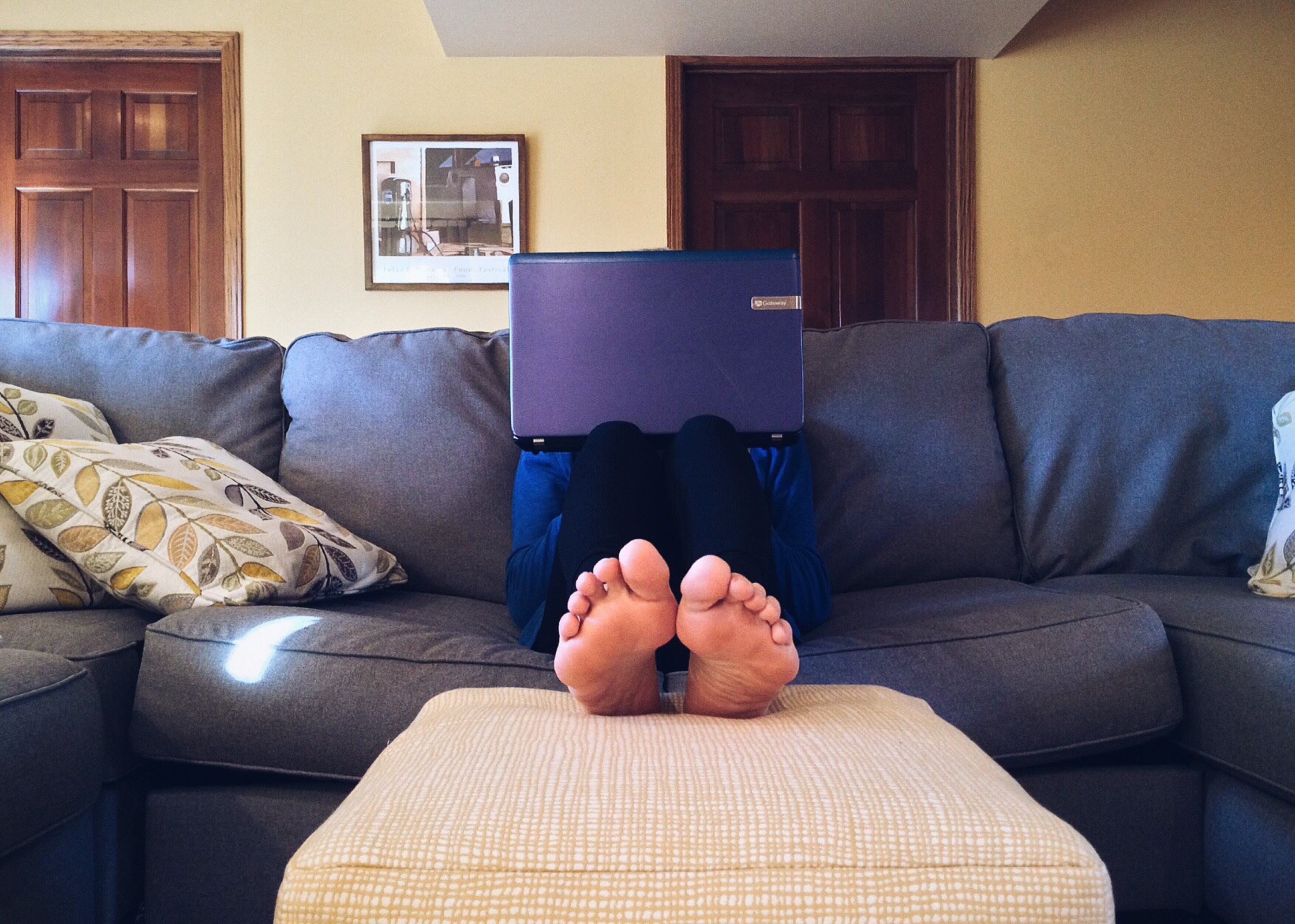As we spend more time at home, many of us are using more water and electricity. To help save energy and money, the experts at Donley AC & Plumbing are sharing three areas where small changes can make a big difference in your energy bills.
1. Block the Sun
Install shade screens and close drapes.
• The U. S. Department of Energy says 76% of sunlight that falls on standard double-pane windows enters to become heat. The amount of energy savings will depend on the type and size of shade or screen.
Protect your air conditioning unit
• Planting shrubs or trees can provide shade to the a/c unit, which leads to less electricity being used. But, not too close or you’ll restrict airflow. Make sure the area is free of leaves, weeds and debris.
2. Maximize Coolness, Minimize Use
Time your chores
• Your a/c will work harder when there’s moisture in the air so try to take showers, run the dishwasher and clothes washer early in the morning or evening.
Set it and forget it
• You won’t conserve energy by constantly changing the thermostat. Set it at the highest comfortable level and forget it.
• Leave vents open. Closing air vents can create a pressure imbalance and reduce cooling effectiveness.
Ceiling fans
• When using a/c the Department of Energy says ceiling fans can allow you to raise the thermostat setting about 4 degrees without impacting comfort.
• During the summer you want to push the air down for maximum coolness. That means the fan should be moving counter-clockwise.
• To check the direction, stand under the fan and watch the blades.
• If they’re moving clockwise, turn off the fan, and wait for it to stop. Then, look just below the blades. That’s where you should see a switch. Flip it. Turn the fan back on and it should be moving counter-clockwise.
3. Rethink Water Use
• The U.S. Department of Energy says water heating is the second biggest energy expense in your home (after cooling and heating) and accounts for about 18 percent of your utility bill.
• Reduce the water temperature from 140 to 120. For every 10 degrees reduction, Department of Energy says you save 3 to 5% on water heating costs.
• When using the dishwasher, avoid pre-rinsing. According to Consumer Reports, unnecessary rinsing wastes nearly 20 gallons per load. That’s 6,500 gallons per household per year. Don’t pre-rinse. Just scrape food off, load and let machine do the work.
• Make sure the dishwasher has a full load and turn off heat during the drying cycle. You could even open the door after the rinse cycle and let dishes air-dry.
• Check for leaks in your toilet by dropping a few drops of food coloring in the tank. Wait 15 minutes. If color appears in the bowl, you have a leak. Small leaks that you can’t see can waste 10,000 gallons a year.




